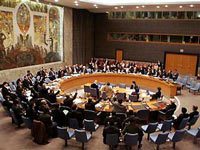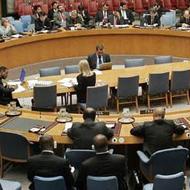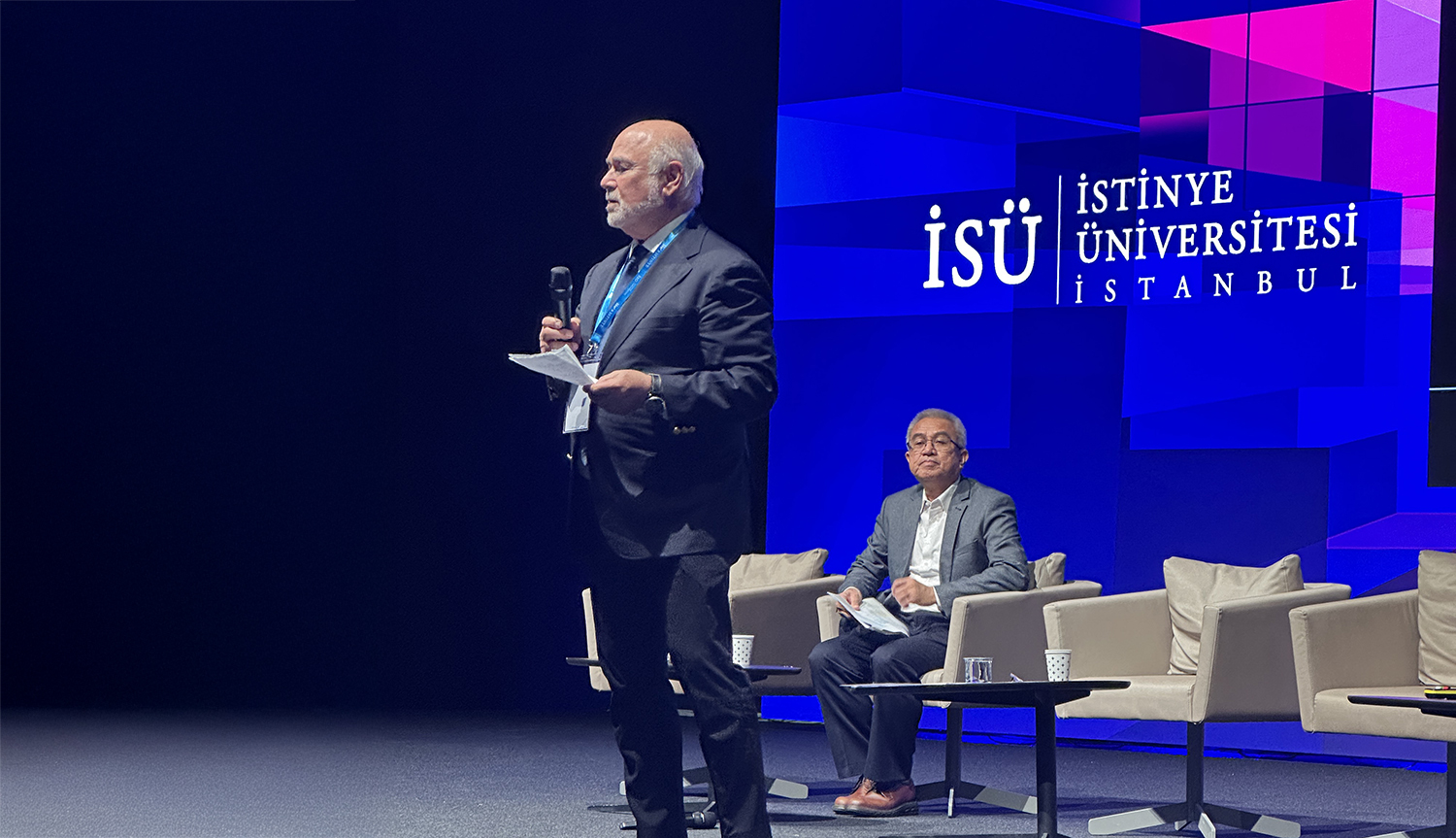When the UN Security Council convenes its summit meeting on September 24 with US President Barack Obama presiding, the Council has a unique opportunity to pronounce itself on one of most vital issues before the international community: nuclear non-proliferation and disarmament. The Council – whose permanent members are also the nuclear-armed states party to the nuclear Non-Proliferation Treaty – must ensure that the results of this historic meeting are more than words and more than a repeat of the statements that have been made over the years.
 |
The Council must commit itself to substantive action towards the goal to which they have all committed themselves: the elimination of nuclear weapons. In addition, we urge the middle powers states on the Security Council to use this opportunity to speak up for all states that have forsaken nuclear weapons – the large majority of states.
Below is the statement by the Middle Powers Initiative on priorities we believe should be the focus of the Council summit.

Ambassador Henrik Salander
Chairman, MPI
» Click here for a PDF version of the statement
Statement by the Middle Powers Initiative (MPI)
to the UN Security Council
The Middle Powers Initiative (MPI) applauds President Obama’s convening of the 24 September 2009 UN Security Council Summit on nuclear non-proliferation and disarmament. This meeting presents an opportunity, first, to ensure that the 2010 NPT Review Conference strengthens the nuclear weapons regime and, second, to advance the achievement of a world free of nuclear weapons. We urge all middle power states to work for an outcome that meets those objectives. Among many important steps in UN and NPT commitments, the MPI regards the following as the Council’s highest priority.
The Council should reaffirm that the proliferation of WMD constitutes a threat to international peace and security; call for adherence to the Additional Protocol as an established condition for nuclear commerce; and call for international regulation of nuclear fuel production and supply. The Council should also reaffirm that all UN members must fulfill their disarmament obligations; express support for the Secretary-General’s October 2008 five-point proposal for nuclear disarmament; and call on all states to shape their policies in light of the objective of reaching a nuclear-weapon free world.
The Council should call on all states possessing nuclear arsenals to halt the production of fissile material for weapons, and to sign and ratify the Comprehensive Nuclear-Test-Ban Treaty without conditions. It should further call for a halt to qualitative improvements that enhance the military capabilities of nuclear arsenals. The Council should also call upon the Conference on Disarmament to promptly embark upon its existing program of work in January 2010.
The Council should affirm the vital 2000 NPT commitment to the diminishing role of nuclear weapons in security policies. Good faith implementation of this commitment requires, at the very least, rejection of reliance on first use of nuclear weapons in the name of extended deterrence or counterforce doctrines. The council should also set in motion a process of reaffirmation and strengthening of security assurances to non-nuclear weapon states against the threat or use of nuclear weapons, to be codified by the Council prior to the NPT Review Conference. The MPI also suggests that the Council consider asking the UN Secretary-General to appoint a special envoy to advance discussions on the establishment of a zone free of weapons of mass destruction in the Middle East.
The Council should finally consider development of its own role in achieving and sustaining the verified and enforced elimination of nuclear weapons. A first step would be to establish a subsidiary body to this end. A more long-term but necessary step would be to support reform of the Council to make it more representative, transparent and accountable, since it cannot be left solely to the five NPT nuclear weapons states to respond to breaches of non-proliferation and disarmament obligations.
It is important to place achievement of a nuclear weapons-free world within a very broad agenda of peace and security. The abolition of nuclear weapons is necessary not only because they pose unacceptable risks, but also because the current regime, with nuclear haves and have-nots, does not give rise to an effective global order. Elimination of this system, and the weapons themselves, is needed in order to tackle the other serious problems facing our interdependent world, like environmental threats, wars and terrorism, financial instability, poverty and disease.
– September, 2009






